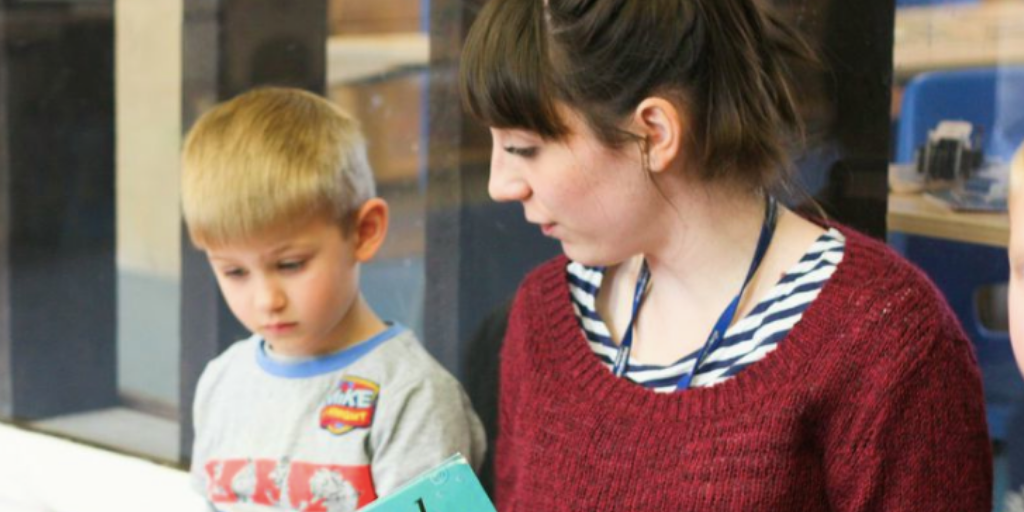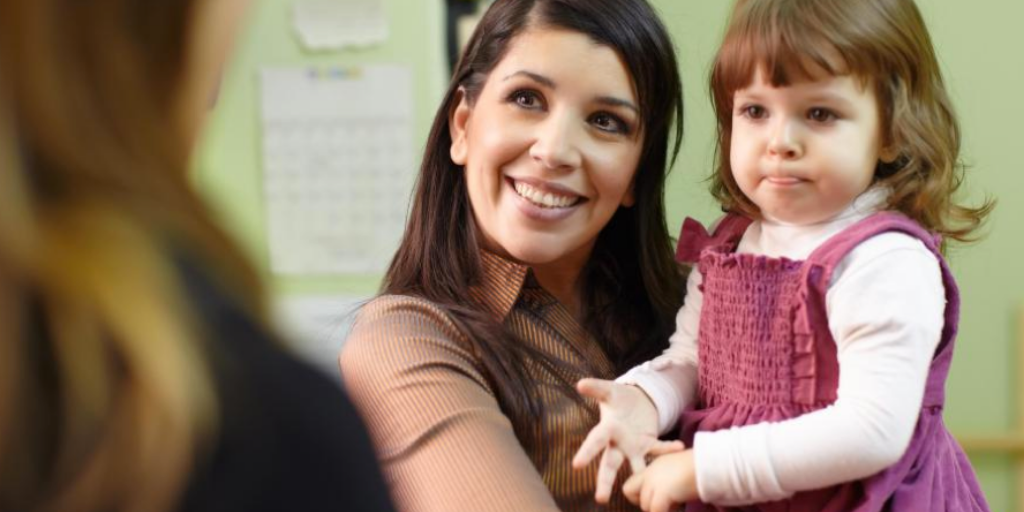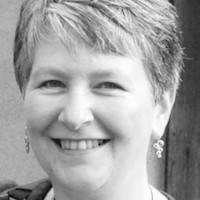With the new Ofsted Education Inspection Framework (EIF) now live, we asked our early years expert Rebecca Martland to help explain the best way to share all the progress and development information you’ve captured about the children in your early years setting with the inspector.
The challenge now is to find a way of sharing this digitally-held information with an inspector who does not want to look at any form of children’s learning and assessment records! The key to this is being able to confidently describe and explain your secure knowledge of each child’s learning journey. So rather than letting the inspector read and review your digital (or paper) records, assessments and tracking data, you will need to talk about the children in terms of where they started and where they are now in their learning and development. Inspectors will want to explore how well you know each key child, as well as how securely you understand how children learn and respond to different teaching methods.

The ability to reflect on and analyse your practice will help enormously when it comes to describing and explaining to an inspector what you do, how you do it and why you do it that way. If you are prepared, you will appear more confident and knowledgeable. My top tip is to consider how you would respond to these theoretical questions:
– How did you find out what they could already do or knew?
– What could the child do at given points in time and what can they do now? Why have they made good or rapid progress? Why has their progress been slower than might be typical? How do you assess their progress when they are two? What is the impact of any early years pupil premium funding on their development?
– How did you help them learn to walk? How did you help them explore and self-regulate their feelings and behaviour? How did you help increase their vocabulary? How did you help them to dress or feed themselves? How did you inspire their interests and motivation to learn? What skills and knowledge have they gained?

– How do you keep parents informed about children’s personal care routines each day? How do you share children’s progress and assessments? How do you encourage parents to share what they know about their children? How do you help parents to support their child’s learning and development at home?
– How do you adapt the activities, environment and routines based on your knowledge of children’s experiences at home? How do you build on children’s interests to plan their next steps? How do you decide what and how to teach?
– How have you worked in partnership with speech and language services or specialists to support children’s additional needs? How have you supported the needs of children with specific medical needs?
If you can answer these questions with confidence and the information you provide backs up the inspector’s observations of your teaching and care practices, then the inspector will have all the evidence needed to make secure judgements. There will be no need to routinely examine your children’s learning records and assessments.
To summarise, the best way to view the use of digital technology in the early years arena is that it provides a platform for efficient record-keeping and information-sharing between practitioner and parents. While immensely useful to some, it should not detract from the practitioner being able to demonstrate confidently and first-hand their secure knowledge about how children learn and how to teach effectively.
Why not take a moment to reflect on your children’s learning and development, whether you use digital records, paper records or a combination of both. Think about how you would unpick your records to explain how well you know each key child in a way that demonstrates your secure knowledge of child development and teaching. Good luck!

About Rebecca – Early years consultant, trainer and Ofsted Registered Childminder
Passionate about learning and strongly believes in the value of child-led play.
Rebecca is also Outreach and Training Co-ordinator for the West Sussex charity – Reaching Families, the co-founder of Minding the Gap CPD and is Kinderly’s resident early years expert on the Kinderly Learn platform.